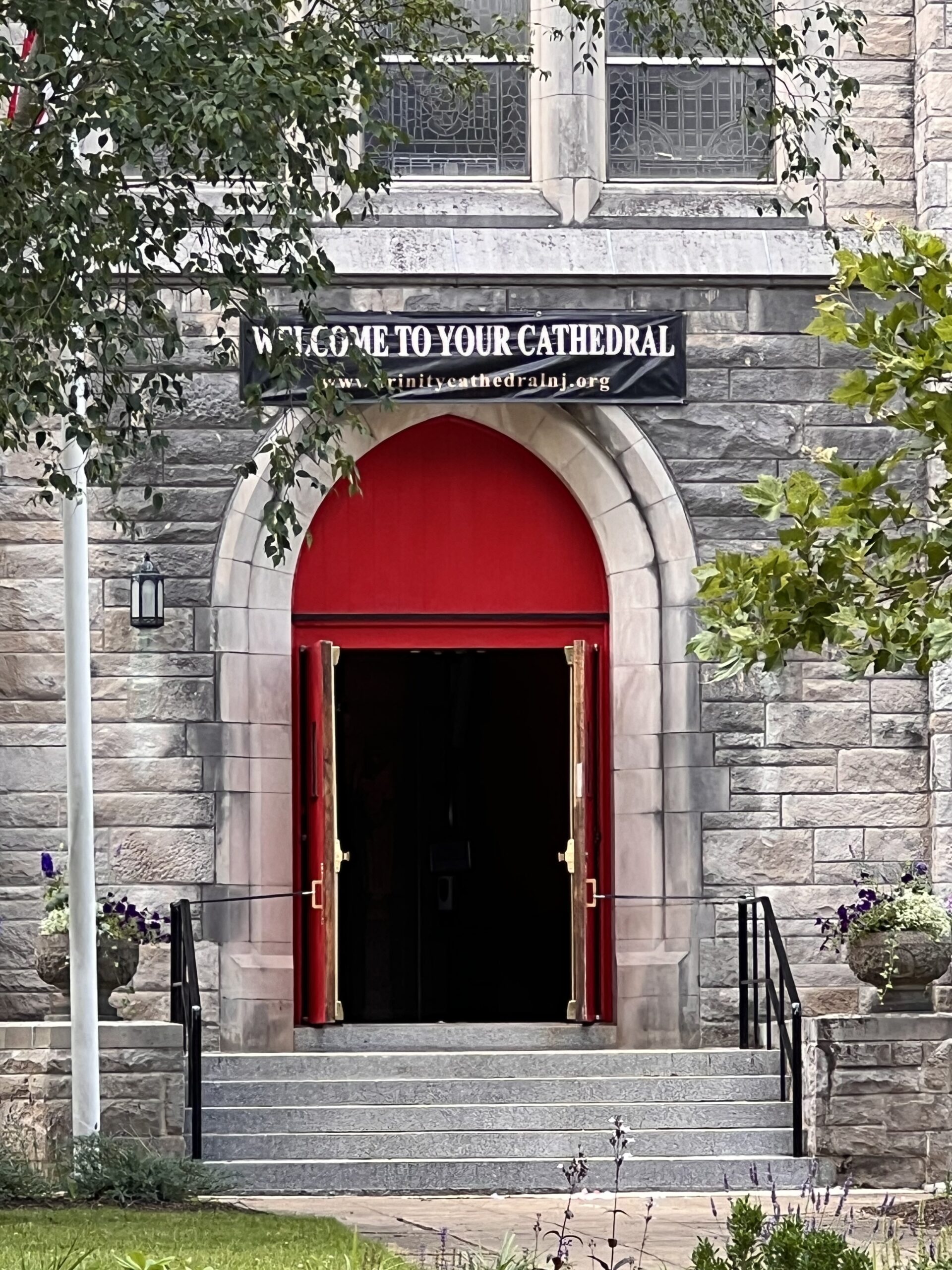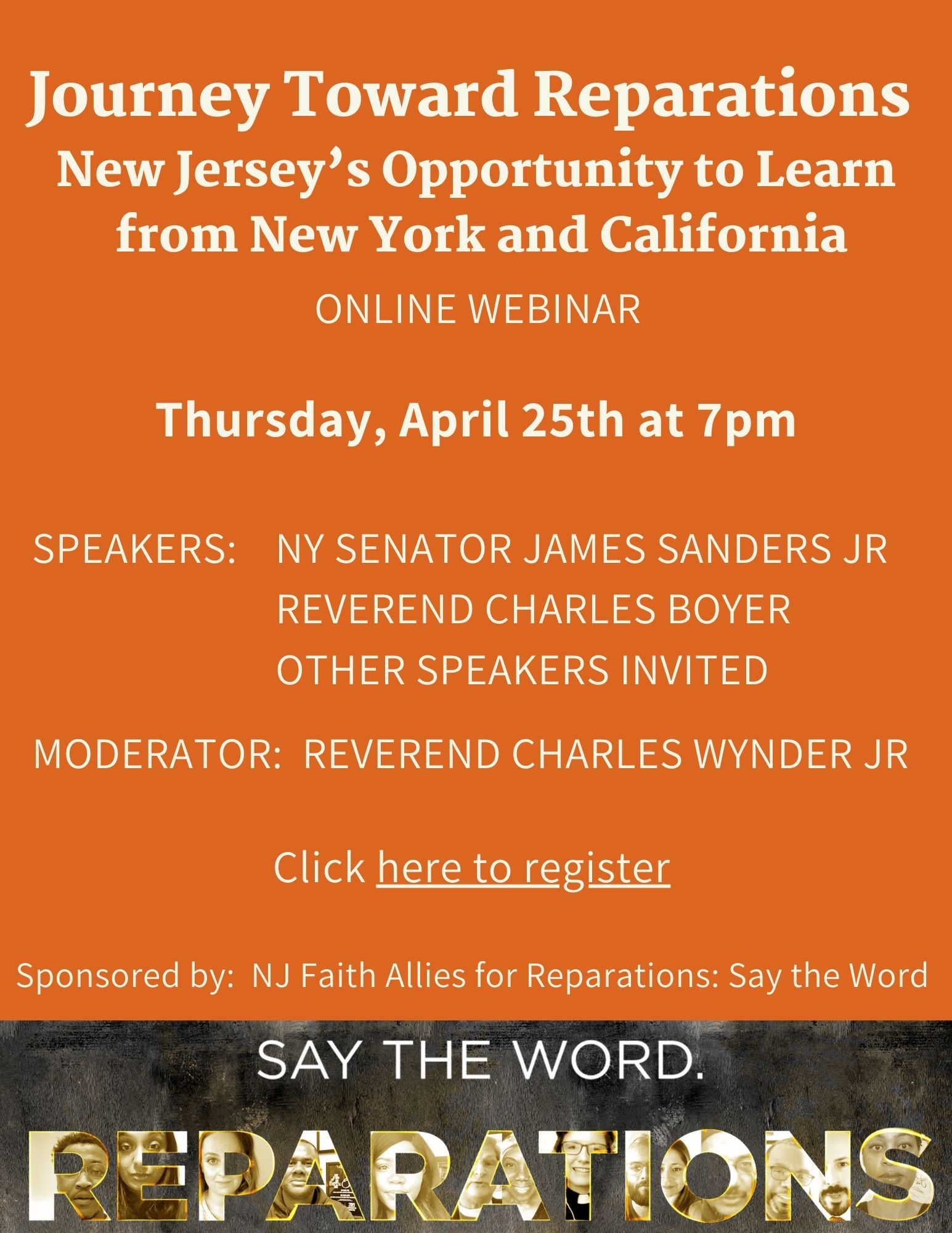Intergenerational ministry has become a trending theme in formation circles in the last few years, but many of us may be confused by the meaning, or unsure how to implement a different kind of programming. In short, intergenerational ministry is anything that brings people of different ages (or generations) together. This is in contrast to age-based worship, formation, or service opportunities. Most churches have a little bit of both!
Research is showing us that there are many benefits to fostering an intergenerational culture in your congregation. Children and young people respond well to conversations with adults other than their parents, and this is a great way to empower older adults who have a lot to share. It can also address the shifts in church attendance and schedules that make it difficult to gather cohorts of the same age. An intergenerational focus also models a “real life” faith practice–we don’t categorize most other life activities strictly by age, so why do so at church?
There are some challenges as well! While this type of ministry has been around a long time, available curriculums and programming doesn’t always reflect it. In our experience, adults can sometimes resist intergenerational activities too. Many may feel ill-equipped or unwilling to engage in formation or conversations with children and young people, so it’s important to foster an encouraging, compassionate, and persistent culture if you are introducing new programs.
If you have successful intergenerational programs in your congregation, let us know or share your story with the Diocese! If you want to learn more, here are some resources:
- Why Intergenerational Ministry? Even when congregational leaders are on board with this vision of formational ministry, they will need to help others in the congregation with what may simply be a new articulation of existing ministries, or a full congregational cultural shift. Fuller Youth Institute offers both the academic and sociological frameworks for Intergenerational Ministry, as well as concrete ideas for its implementation, especially in youth ministry. We particularly like the idea of the 5:1 ratio–instead of one adult for five kids (a chaperone model), what if each young person in your congregation could count on five adults for caring conversation, ministry partnership, and general companionship on the journey of discipleship?
Your Voice Matters to Young People >>
Moving Away from the Kid Table >>
For an even deeper dive into Intergenerational Ministry, check out Lifelong Faith’s Intergenerational Faith Formation >> - Curriculums are starting to embrace an intergenerational approach to formation ministry. Many “all ages” options are now available, which work well for smaller churches who may not have the numbers (of children or teachers) to fill multiple classrooms. One of our curriculum favorites, Sparkhouse, is testing a theme curriculum that includes an intergenerational option. They already offer two intergenerational programs which are marketed as summer programming but could be adapted for year round use, either in-person or virtually. Illustrated Ministry‘s growing catalog of resources also has several intergenerational options, including the new Mini-Revolutions (lectionary-based) for fall.
Journey Together: Twelve Intergenerational Events >>
Good Stewards Together: Twelve Intergenerational Events >>
Mini-Revolutions Monthly Curriculum >> - Putting Intergenerational Ministry in Action is not a one-step process! The Christian Reformed Church of North America has put together some excellent resources, including a multi-resource Toolkit. This offers suggestions for implementing and growing intergenerational culture in small and large groups, in worship, and service.
Intergenerational Church Toolkit >>
Ten Ways to Be a More Intergenerational Church >>
















